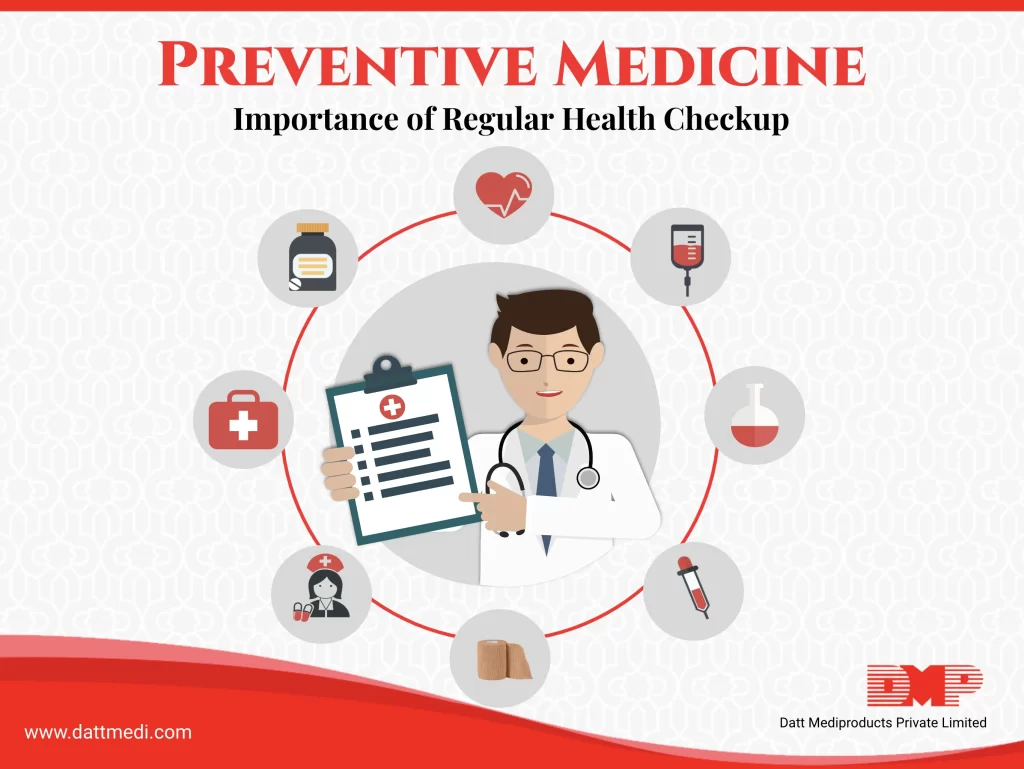
The human body is a complex machine. It is a network of different organs, bones, muscles, and systems. Owing to the fact that the functioning of the human body is multifaceted, one needs to ensure regular health checkups.
In case there is any disorder, it can be detected at an early stage and eliminated as soon as possible before it reaches a dangerous and incurable stage or starts to affect the other parts of the body.
The definition of good health varies from person to person. Most people are more concerned about their outward appearance. If they look good and are robust from outside, they consider themselves to be healthy. However, you never know what’s cooking underneath, do you? You won’t even get to know about some grave underlying disease till it turns into someone serious and leaves a great impact on your health.
Basic Health Checkups that need to be regularly conducted
As we start growing old, our body becomes home to numerous diseases. Health issues and problems start as early as when you are in your 20s and 30s. Some of the most common checkups that need to be conducted are checking blood pressure levels, biyearly dental checkups and cleaning, cholesterol and level of glucose, and regular blood tests. For those who are sexually active, it is important that you consult a doctor to get regular checkups and screenings and if you’re a woman to get a yearly pap smear.
The Older the more Cautious
Once you step into your 40s, in addition to all the tests which are required at the age of 20, add the following to your list.
- Diabetes: An increased level of sugar in the blood.
- Eye Checkup (glaucoma): If not treated in time, this may lead to partial (or total) loss of vision.
- Mammogram for Women: A mammogram is an x-ray for the breast, it is a screening used for the detection of breast cancer even when no symptoms are physically present. Make sure that your breasts aren’t ignored, do regular checkups at home yourself. Check for any carcinogenic symptom (like lumps or swelling, redness, scaling or discharge from the nipples) and if you feel something off go to the doctor.
- Heart Checkup: Check for any kind of cardiovascular disease.
- Regular Gynecologist Visits: Women should get a yearly pap smear. A Pap smear is a method of cervical screening used to detect the presence of potential pre-cancerous and cancerous cells.
In your 50’s and 60’s, add some more to your list
- Bone Density Scan: Assessment risk of osteoporosis
- Faecal occult blood test
- Tests for visual and hearing impairment: Let’s face it. These, no matter how negligible, are the most commonly found imparities in the people.
- Tests for cardiovascular disease
Being healthy is as much about eating right and exercising. Do not let your daily routine and habits damage your condition and expose you to the risk of suffering chronic, non-curable diseases. Make sure you get tested at regular intervals, eat healthily, and steer away from habits that may affect your body, exercise regularly and adhere to basic preventive measures.
Regular health check-ups are essential because they help identify potential problems at an early stage. A healthy mind and body are something that we often take for granted. All it takes is a little bit of attention on our part and good health is not that far from what one imagines.




